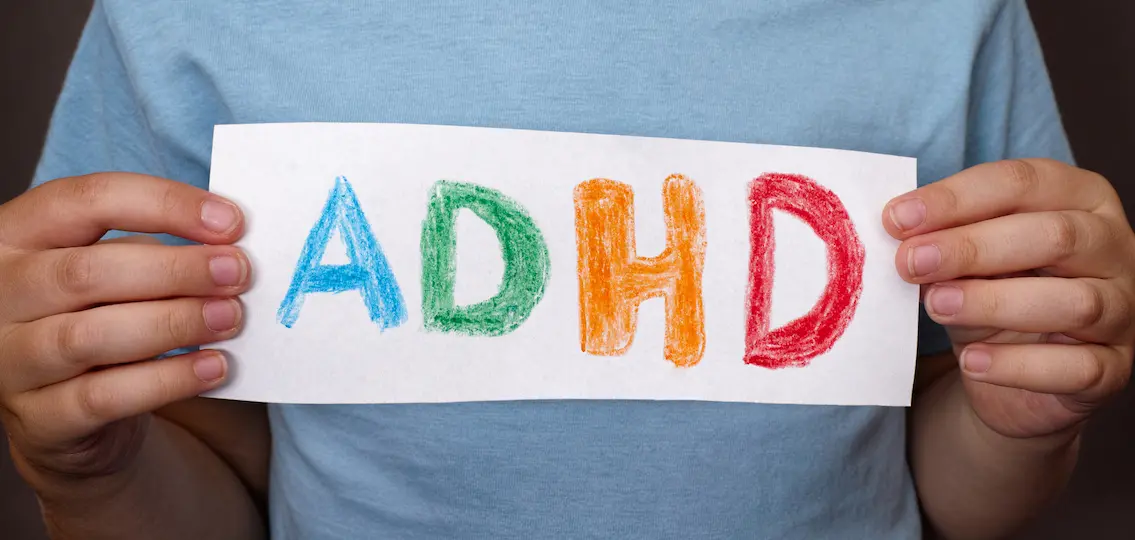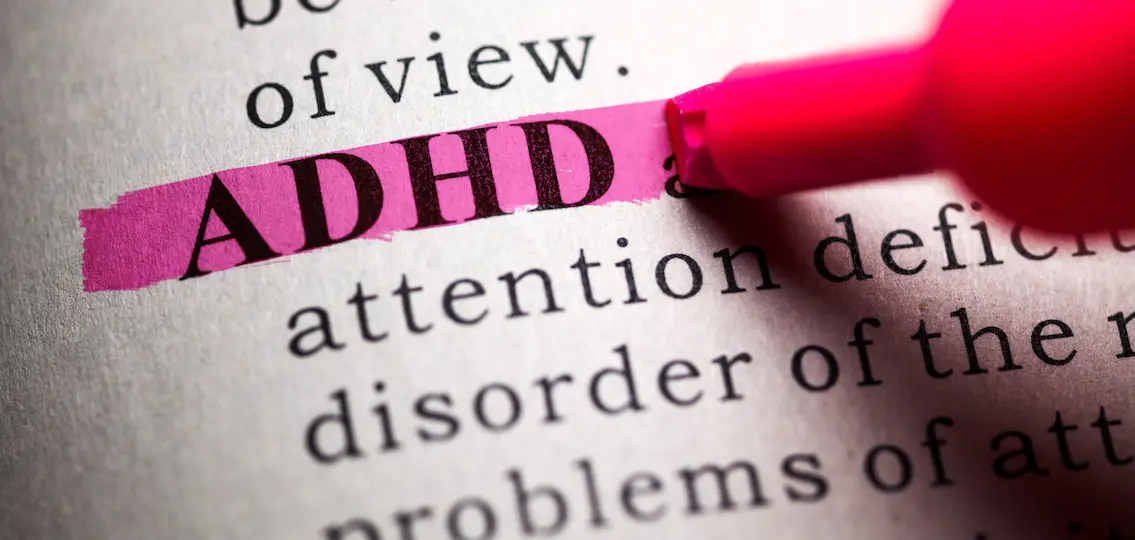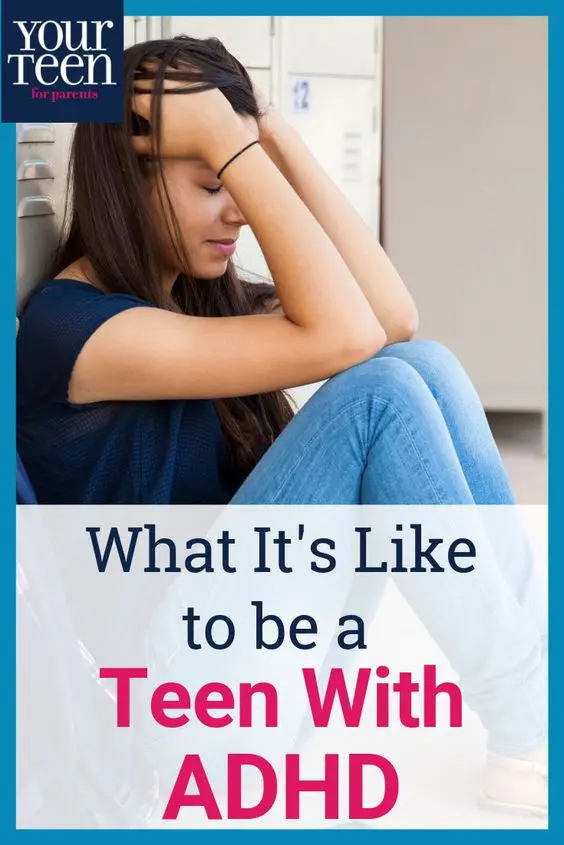If you have a teen living with ADD or ADHD, you’ll generally find him or her falling into one of three categories: optimistic, terrified, or lost. For parents, the category may not be obvious, but when I ask teens, most can easily identify which one they are.

Optimistic teens are a bit too ready to get on with life. Research argues that they shouldn’t leave home at 18, but they can’t wait to get those darn parents out of their hair. These kids have overdeveloped yearnings for freedom and underdeveloped skills of independence. They don’t yet realize that freedom isn’t free and is impossible to achieve without true independence. They may discount the importance of further education or attempt it half-heartedly. Many don’t consider that parents aren’t interested in financing endless wandering. In severe cases, these kids face school or career failure, financial ruin, and sometimes, criminal behavior —all before they sober up figuratively and often, literally.
Terrified teens lean the opposite direction. They’re a little too realistic. Keenly aware of their shortcomings, they avoid leaving home. Or they try it for a year before moving back into their parents’ basement. They refuse or self-sabotage independence, even avoiding driving or working. Parents find them annoyingly satisfied with their situations and unmotivated to strive for anything greater.
Lost teens are confused by their situation and options in life. They lack the confidence of optimism and the driving energy of worry, easily becoming depressed and defeated. They may go back and forth from living at home to living independently. When asked to develop a simple plan, they struggle, because they genuinely can’t see themselves anywhere doing anything. In worst-case scenarios, they imagine living in communes or becoming homeless as good alternatives, or having babies at a young age to extend family support.
How to Help a Teen With ADD Have Hope:
Successful teens living with ADHD have a hopeful perspective —the will and the way to make it in life. Follow these steps to help your teen get organized and get on the right path.
1. Brainstorm with a mentor.
This may be hard on your teen’s ego, because only a few ideas will add up. But it’s easier for someone else to critique a plan than the teen.
2. Get real.
Teens with ADHD/ADD idealize fun goals, like becoming a video game designer or winning The Voice. That happens, but not often. Help teens set an achievable goal while striving for their passion on the side.
3. Do a cost-benefit analysis.
Have teens list reasons to try something on one side of a page and reasons not to on the other. Assign each a weight and tally the results. If a teen is honest, the numbers rarely lie.
4. Make choices authentic.
Real choices require at least two valid options, both deserving serious consideration. For example, don’t send a teen to college simply because he or she doesn’t know what else to do. That’s not a real choice.
5. Don’t overcomplicate decisions.
Some teens imagine more choices than really exist just to avoid decision-making. Most choices can be reduced to a series of yes/no questions.
6. Know your limits.
It’s easy for teens to bite off more than they can chew, from events in a planner to projects at work or school. That sets teens up to fail.
7. Pace yourself.
Suggest achievable short-term objectives and time-limited breaks. It’s better to be the tortoise than the hare.
8. Never make life-altering decisions while altered.
Substance abuse does not promote good choices. Parents should especially emphasize this when discussing dating.
9. Document your success.
Take pictures of achieved goals and look back at them when your teen feels hopeless. Make and have your teen check off a list until the goal is reached, then bask in its glory, a reminder that he or she can finish something.

It’s hard for teens living with ADHD to feel hopeful when others are growing up, making life decisions, taking calculated risks, and succeeding, while they’re not. But, if teens follow this list they’ll find hope is something you do, not something you feel.






